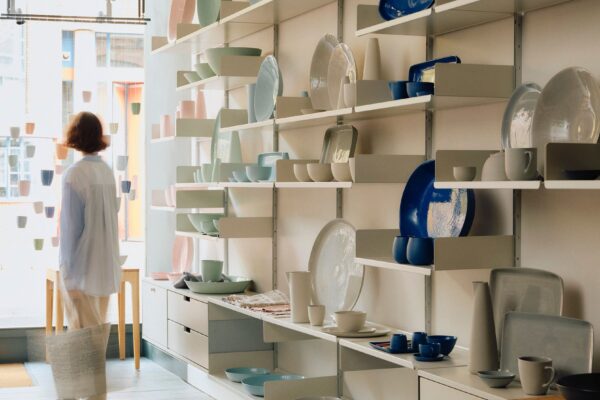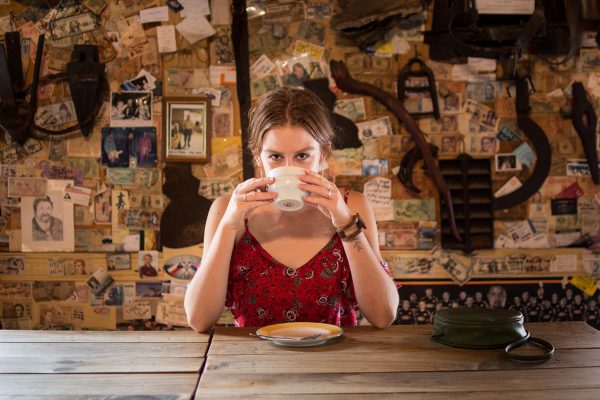Creative Director of Woodfolk, Julia Denes, is a designer and jeweller by trade, and has worked with some of the top jewellers in Australia to create fine jewellery.
As a keen traveller to developing countries, she is passionate about using ethical, organic and natural products in her own life. In 2013, she decided that she wanted to work with more earthy materials, and from that desire came Woodfolk.
The name ‘Woodfolk’ is made up of two parts: ‘Wood’, which represents nature, earth, grounding, depth and foundation; and ‘folk’, which represents people, community, lightheartedness and Julia’s love of folk music and storytelling.
Julia works with artisans in Nepal. After reading about how impoverished yet culturally rich the country is, she travelled there in 2013 to find them.
“I wanted to know exactly who would be making my products and that they would directly receive fair pay for their efforts. I would never have found what I was looking for had I not spent the time in Nepal travelling and looking, and making it the purpose of my trip,” she says.
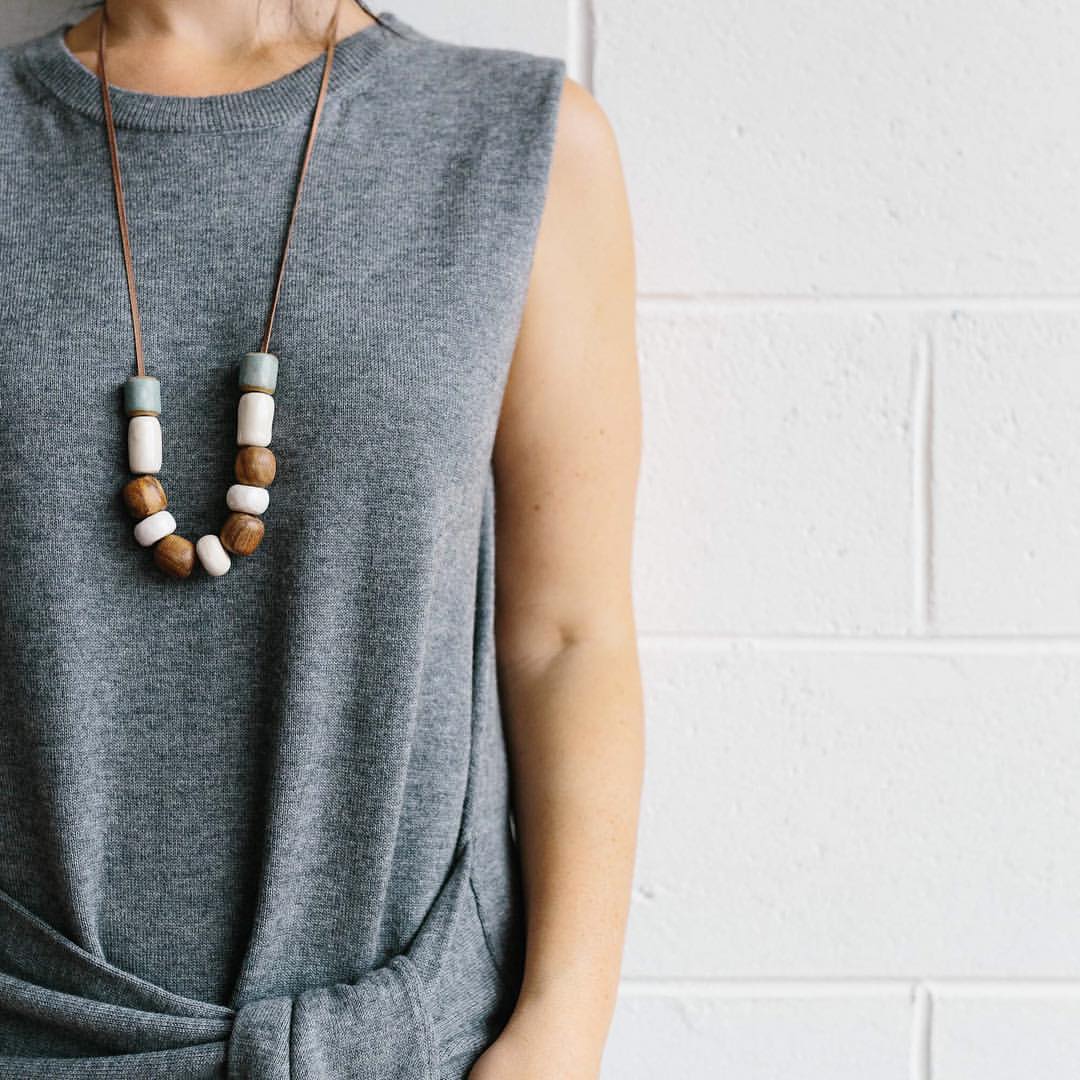
“Woodfolk believes in honesty, compassion and being kind to our environment. We work in harmony with both natural materials and communities in need to create beautiful pieces for everyday wear, and that bring warmth and creativity into our homes.”

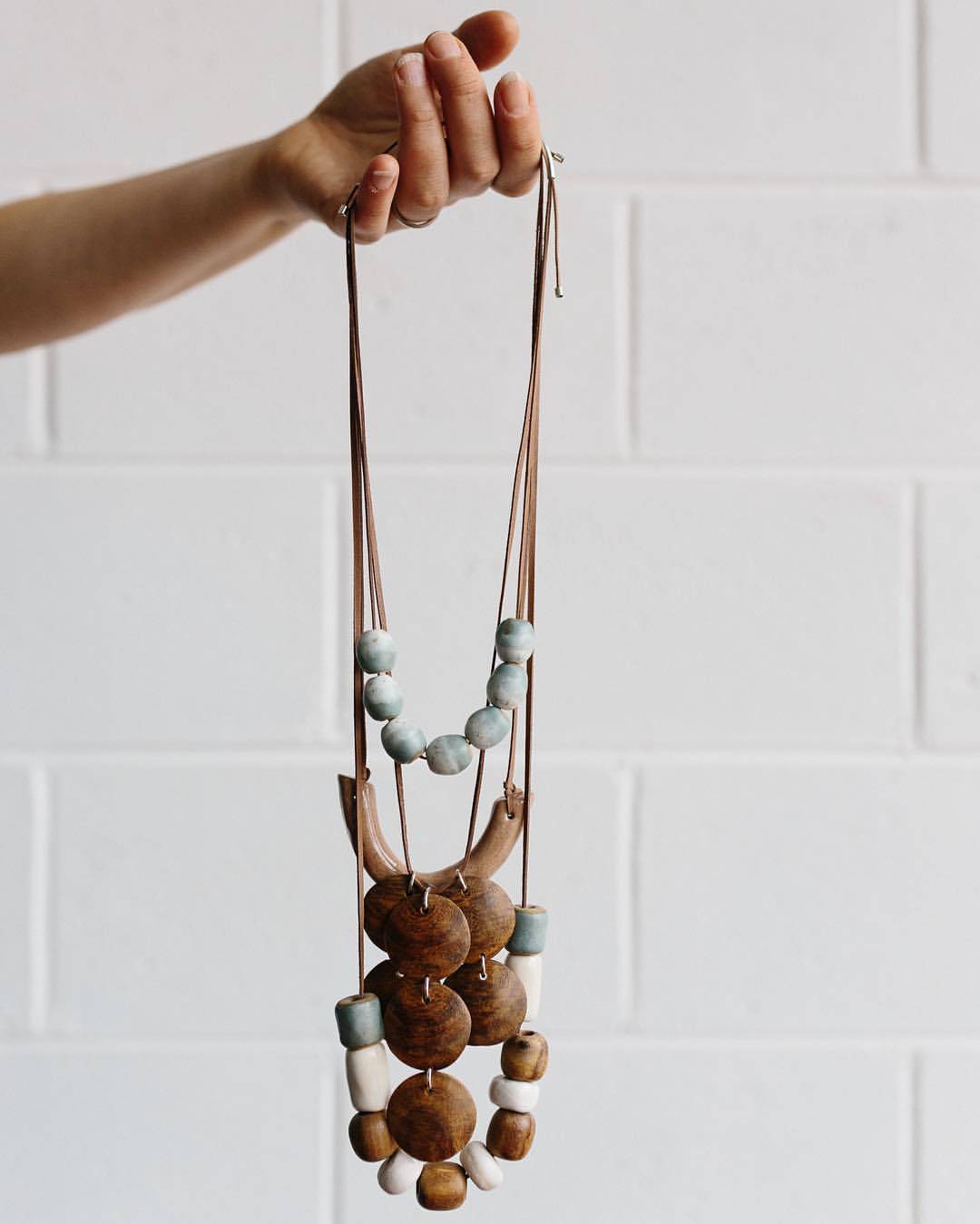
The thing that drew Julia to Nepal in the first place is the high-quality, generations-old artisanal skills that have become underutilised.
“One of the families I work with is of Newari culture from Kathmandu Valley. They have been woodcarvers for generations. Unfortunately, unlike earlier times when artisans were essential, respected and well paid, many Nepalese artisans have had to abandon their craft for better-paying jobs,”
When it comes to living and shopping ethically, Julia says that it’s the awareness that people, as individuals, can make a difference that will drive more people to be more conscious consumers.
She wants people to know that every time you spend your money you are making an active choice. “So choose wisely and choose what you love.”
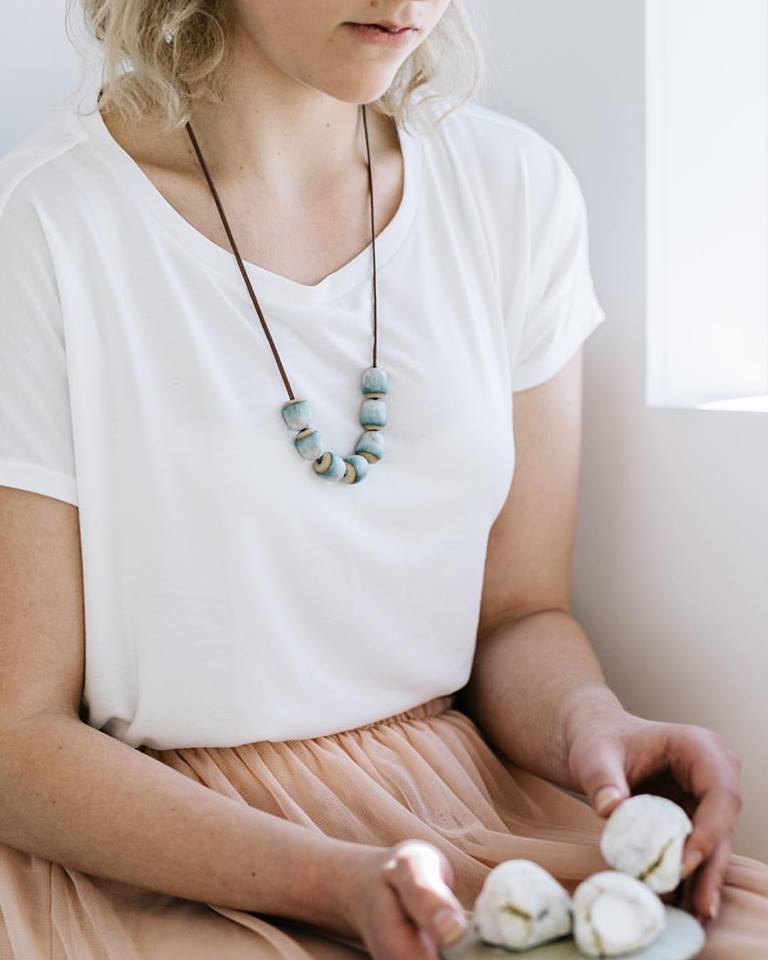
What do you think separates Woodfolk from everything else out there?
I feel like it’s Woodfolk’s depth and story that separates us from everything else out there. Not only is the customer choosing something that is beautiful, handmade, good quality and unique, they are also directly contributing to a better life for our artisans and their communities in Nepal.
Where do you look for inspiration?
My inspiration comes from nature, authenticity, my travels in developing countries and collaborations with these artisans and their cultures.
What does a typical day look like for you?
I don’t really have a typical day, however, mornings generally start with emails and a smoothie. Days can be filled with getting orders ready and sent; preparing for different design markets and trade shows; liaising with stockists and contacting new stores; developing new ideas to build on the Woodfolk range; photoshoots; all the usual business stuff; lots of cups of tea and the list goes on.
What were some of the initial obstacles you faced when starting Woodfolk?
One of the obstacles I faced in the earlier stages of starting Woodfolk was finding the right people to work with overseas. I could have easily gone somewhere like China, India or Bali to work with a factory, not even needing any face to face contact, however, that defeated the purpose of my business. I wanted to make it more personal and was looking to work with a family or an organisation that I respected. The wonderful thing about Nepalese people is how open they are to helping you. From when I arrived, I found that they always made time to meet me, would always take my request seriously and if they couldn’t help, would provide details of someone that might be able to. I was able to find who I was looking for because of this.
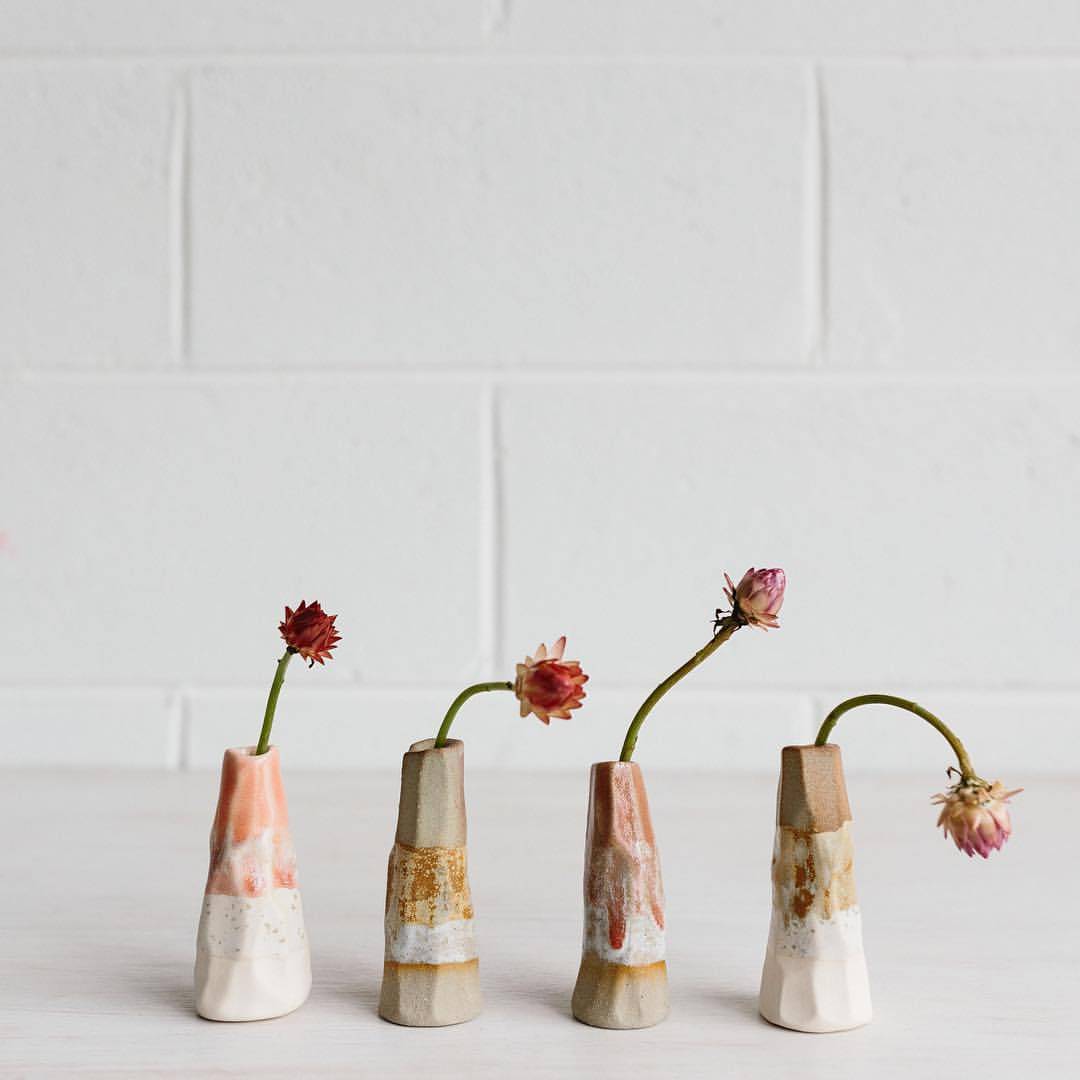

You mention that you are committed to creating opportunity, self-determination and support for the Nepali artisans that you work with. How exactly does social entrepreneurship function in the context of Woodfolk?
The income our artisans generate working with Woodfolk, is enabling them to slowly change their socio-economic position. We grow together, and as we do, a greater volume of work is generated for them. This has already extended employment opportunities for other family members and their communities. The partnerships also affect their sense of self-worth. A sense of self-worth has the capacity to change mindset for future generations.
There’s a wonderful synergy between Woodfolk and the artisans we work with. Both sides feel supported, our artisans with financial support and beyond, and Woodfolk with the quality and commitment we need to build a business with a strong foundation, and that stays true to our ethos.
Can you elaborate on what Woodfolk’s long-term goals with Nepali artisans are, and why the long-term is important?
Our relationships in Nepal are built on trust, equality, fair trade and a long term goal of bringing meaningful change to their lives, creating opportunity, self-determination, support and hope to these communities through social entrepreneurship. By supporting with trade, not aid, the positive impact is sustainable.
At present our natural scarves, bags and cotton pouches are handmade by a women’s co-op in Nepal. Our plan is that with time, we will be able to employ more and more women to make our pieces. Not only does this enable the women we work with to develop skills and a sense of entrepreneurship, it also creates independence, a primary or secondary income to support families, as well as a strong sense of self-worth.
Our long-term commitment is to help change the lives of people in disadvantaged communities one family at a time by providing the tools and opportunities.
